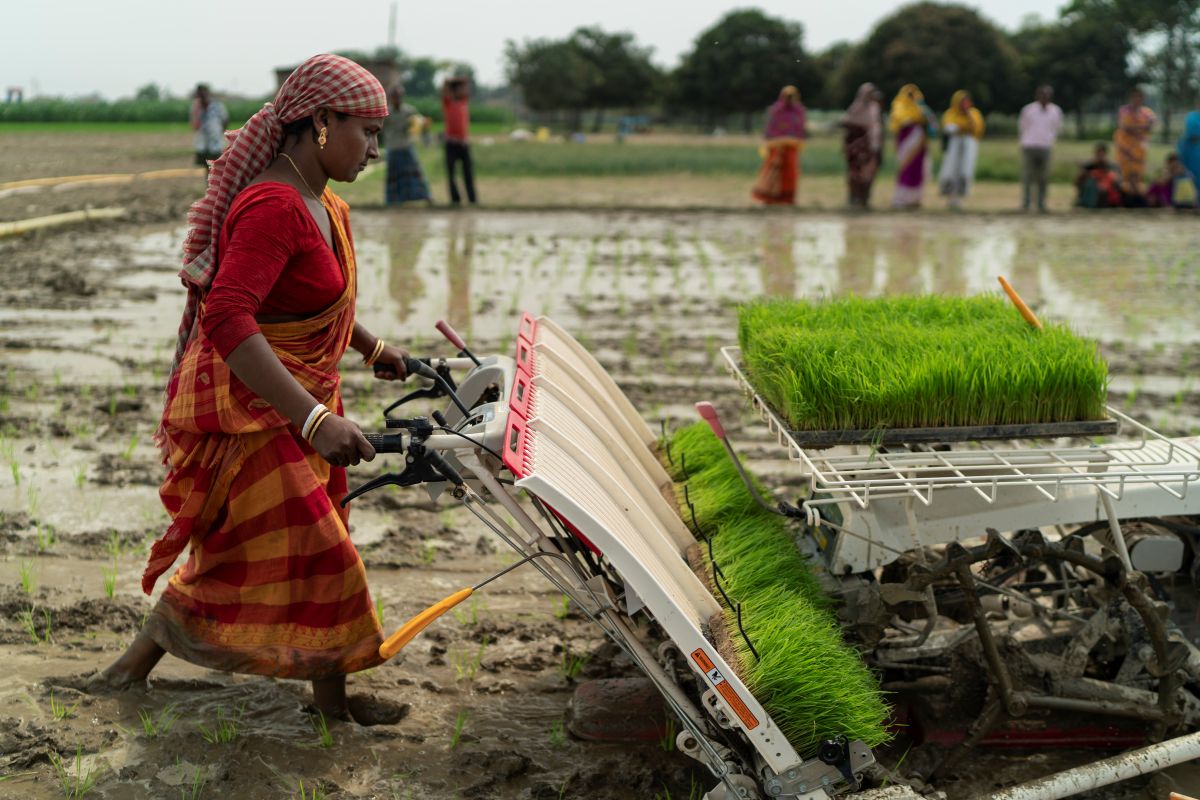Observed annually on 16 October, World Food Day is a day for reflecting on global progress towards ending hunger and promoting sustainable food systems across the world. The 2025 theme "Hand in hand for better foods and a better future" speaks to the global collaboration required to advance food security for all.
This kind of collaboration is at the core of ACIAR's work as Australia's specialist agricultural research-for-development agency. ACIAR brokers, facilitates and invests in strategic collaborations with public and private research institutions to improve the productivity, resilience and sustainability of agrifood systems. Although ACIAR doesn't undertake research directly, we are led by country partners to identify opportunities for research or capacity development across the Indo-Pacific region.
By partnering with local scientists, farmers and organisations, ACIAR promotes sustainable farming practices, improves crop productivity and enhances resilience to climate change. ACIAR's collaborative approach ensures research helps to improve food security, reduces poverty, and protects natural resources, while also supporting human nutrition and climate resilience. It also ensures we support gender equality, inclusive value chains and capacity development across all our projects.
On World Food Day 2025, we celebrate the power of working together for better foods and a better future through this showcase of projects.
Promoting circular food systems in Africa
Circular food systems can decouple growth in social and economic benefits from natural resource consumption and production of greenhouse gas emissions in agriculture. This can reduce urbanisation by creating local employment opportunities. The ACIAR-supported Circular food systems in Africa project, led by Australian National University, has been testing how smallholder irrigation schemes might integrate with livestock, and dryland agricultural production to support the strategic and inclusive development of small, value-adding businesses. This has potential to become an engine of local resilience and economic development in East and Southern Africa.

Transforming food systems in the Eastern Gangetic Plain
The Eastern Gangetic Plains of Bangladesh, India and Nepal are home to 450 million people, with the world's highest concentration of rural poverty and a strong dependence on agriculture for food and livelihood security. The 'Transforming smallholder food systems in the Eastern Gangetic Plain' project led by the University of Adelaide aims to define ways to achieve sustainable, efficient, diversified food systems at scale in the Eastern Gangetic Plains.






